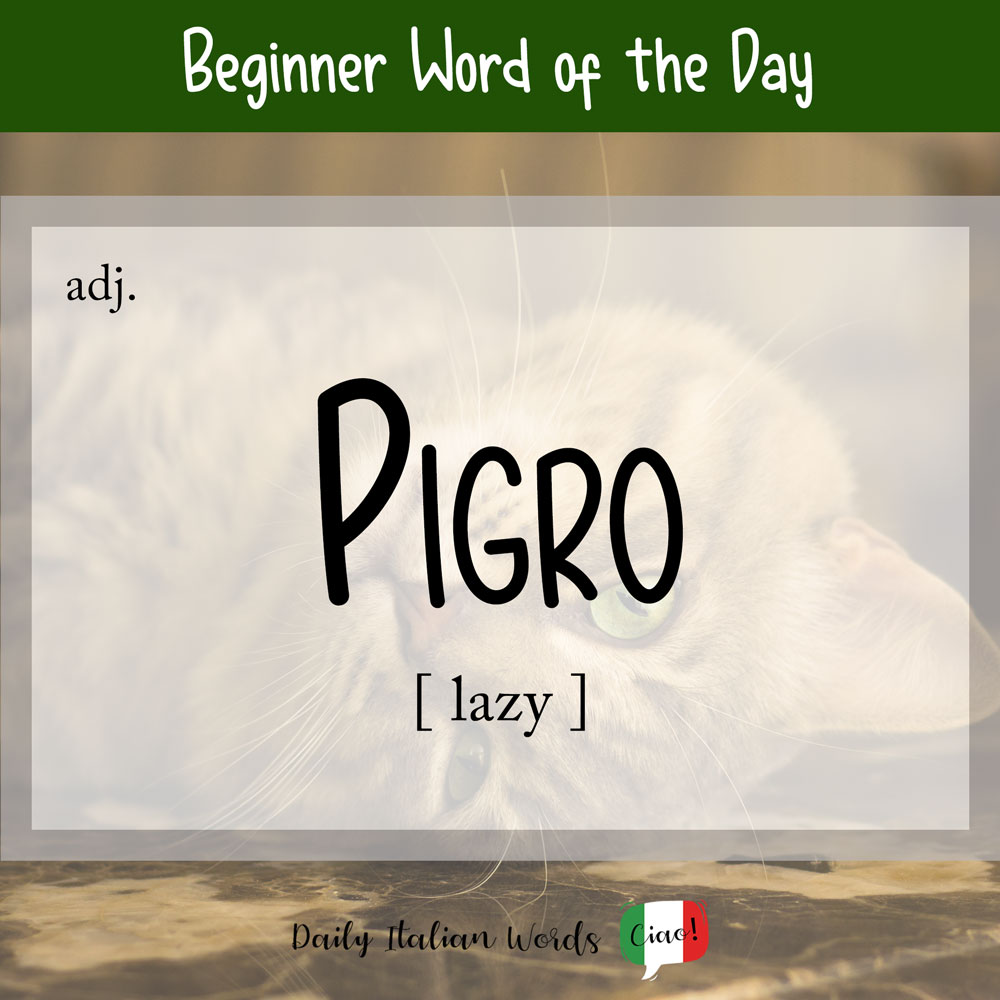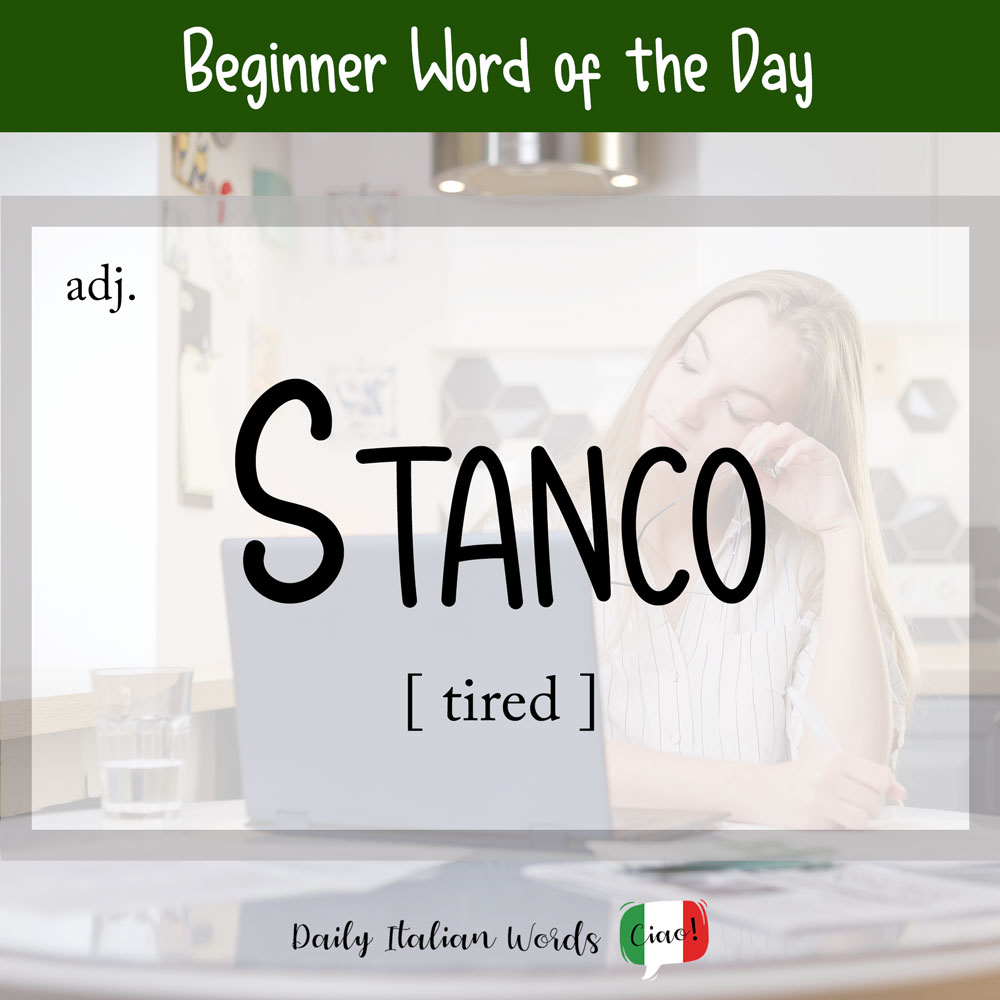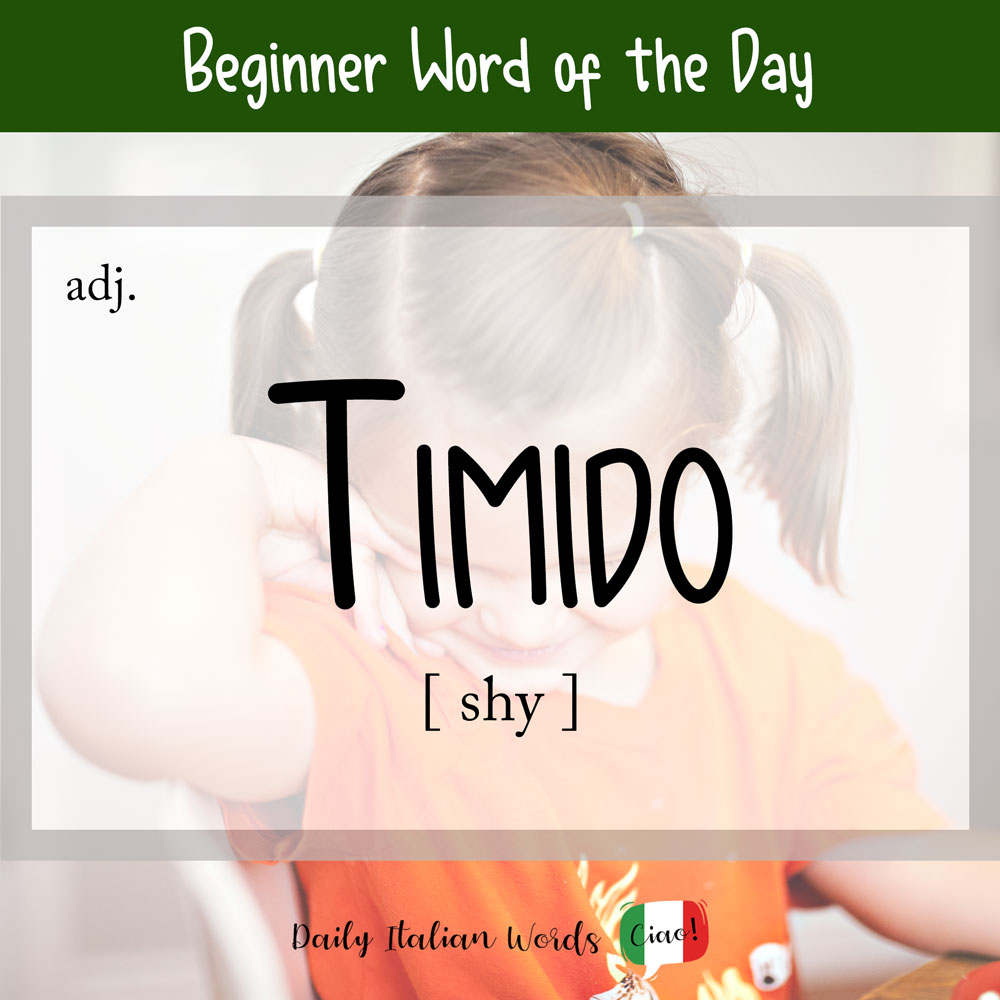Italian Word of the Day: Pulito (clean)
The adjective pulito, whose primary translation is clean in English, is the past participle of the verb pulire (to clean). It comes from the Latin verb ‘polire’ of the same meaning. Pulito is the masculine singular form of this adjective. In order to make it feminine, it is necessary to change the word final o …






